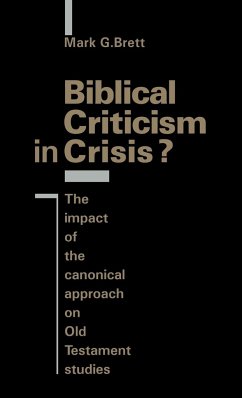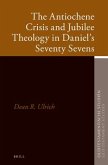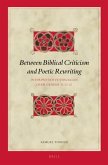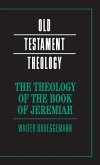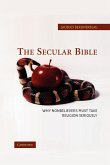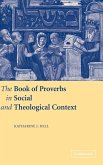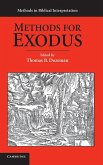This book suggests that Old Testament scholars should strengthen their growing links with neighbouring academic disciplines and encourage a number of interpretative interests within biblical studies. Given such a pluralistic context, the author's contention is that the new 'canonical' approach to Old Testament study will have a distinctive contribution to make to the discipline without necessarily displacing other traditions of historical and literary inquiry, as many scholars have assumed. Dr Brett offers a comprehensive critique of the canonical approach as developed by Brevard Childs, and examines the development of Childs's exegetical practice, his hermeneutical theory, and the many critical responses which his work has elicited. In responding to these criticisms, the author examines the most problematic aspects of the canonical approach (notably Childs's inadequate reply to those who emphasise the ideological conflicts that lie behind biblical texts in their final form) and seeks to reconstruct the approach in light of contemporary discussions of interpretation in literary theory and the social sciences.
Table of contents:
Acknowledgements; Introduction: setting the scene; 1. Distinguishing interpretative interests; 2. The development of canonical exegesis; 3. 'Introduction' and Old Testament theology; 4. Has Childs fallen into Gabler's ditch?; 5. Textual intentions and histories of reception; 6. The future of the canonical approach; Notes; Bibliography; Bibliographical key to Childs's works; Abbreviations; Index.
The book offers a comprehensive critique of the canonical approach as developed by Brevard Childs, and places this in the setting of recent discussions in literary theory and 'postmodern' theology.
Table of contents:
Acknowledgements; Introduction: setting the scene; 1. Distinguishing interpretative interests; 2. The development of canonical exegesis; 3. 'Introduction' and Old Testament theology; 4. Has Childs fallen into Gabler's ditch?; 5. Textual intentions and histories of reception; 6. The future of the canonical approach; Notes; Bibliography; Bibliographical key to Childs's works; Abbreviations; Index.
The book offers a comprehensive critique of the canonical approach as developed by Brevard Childs, and places this in the setting of recent discussions in literary theory and 'postmodern' theology.

